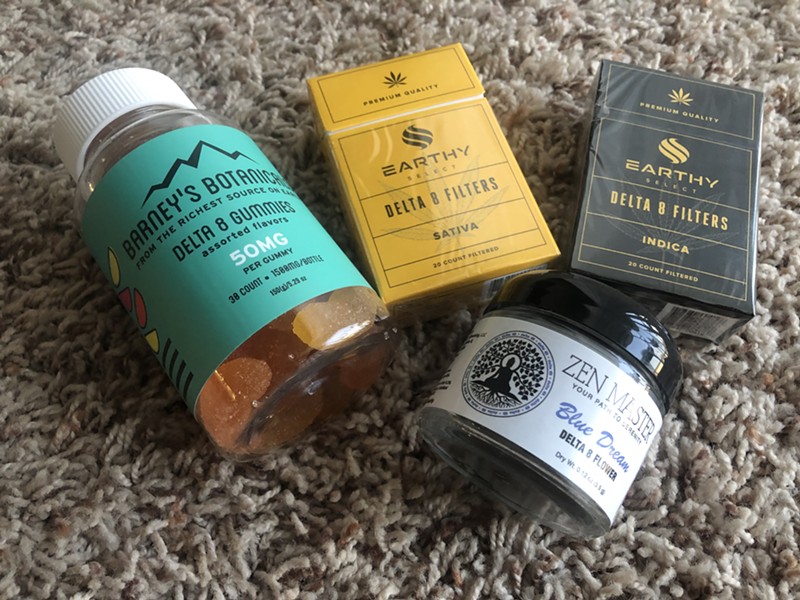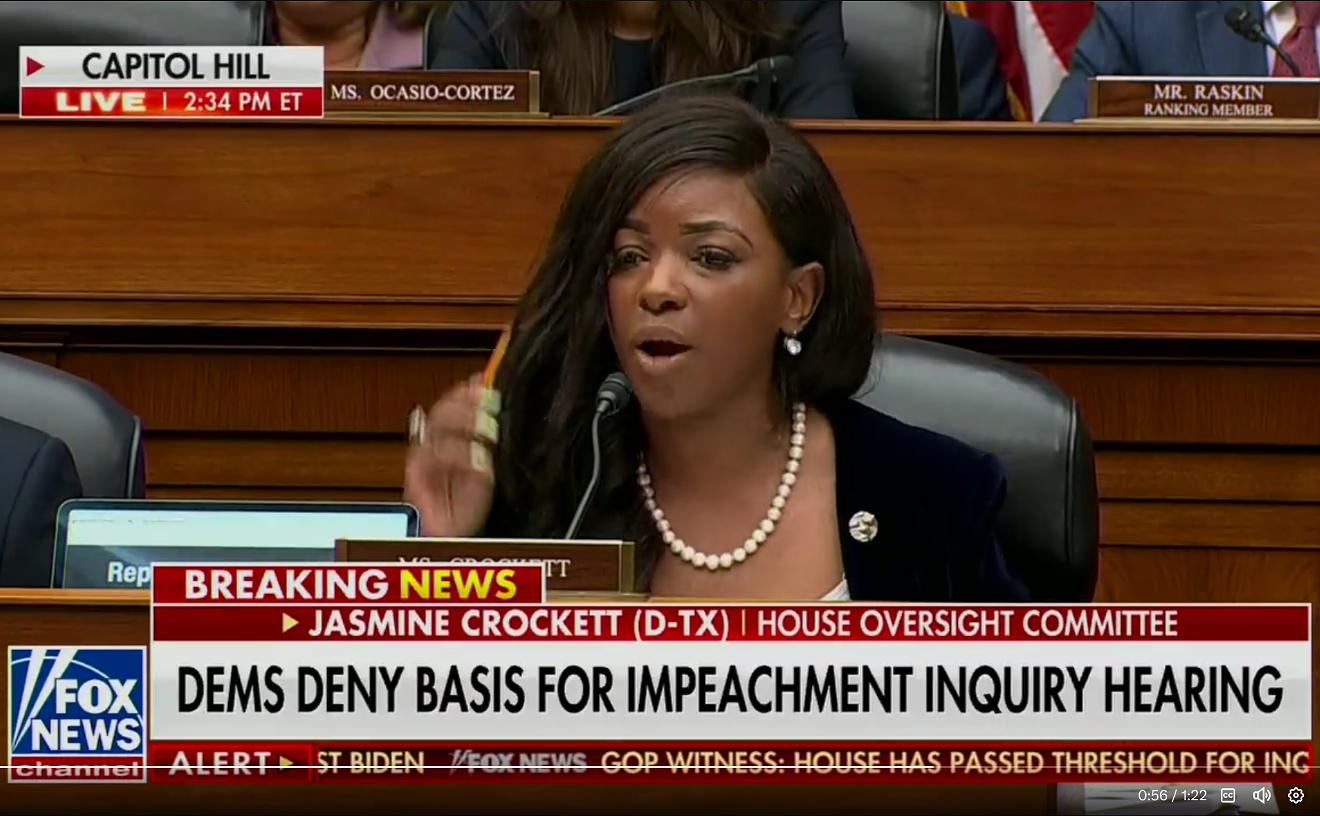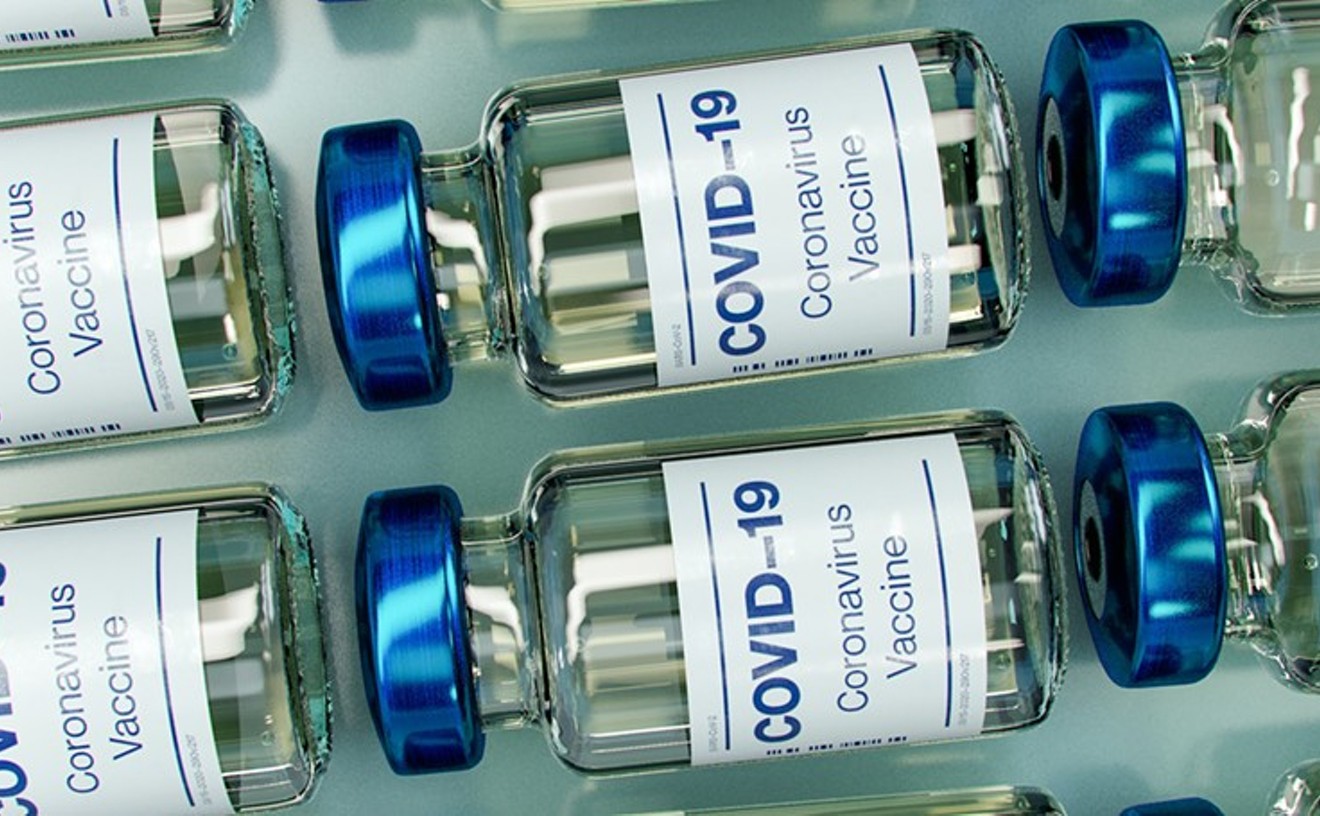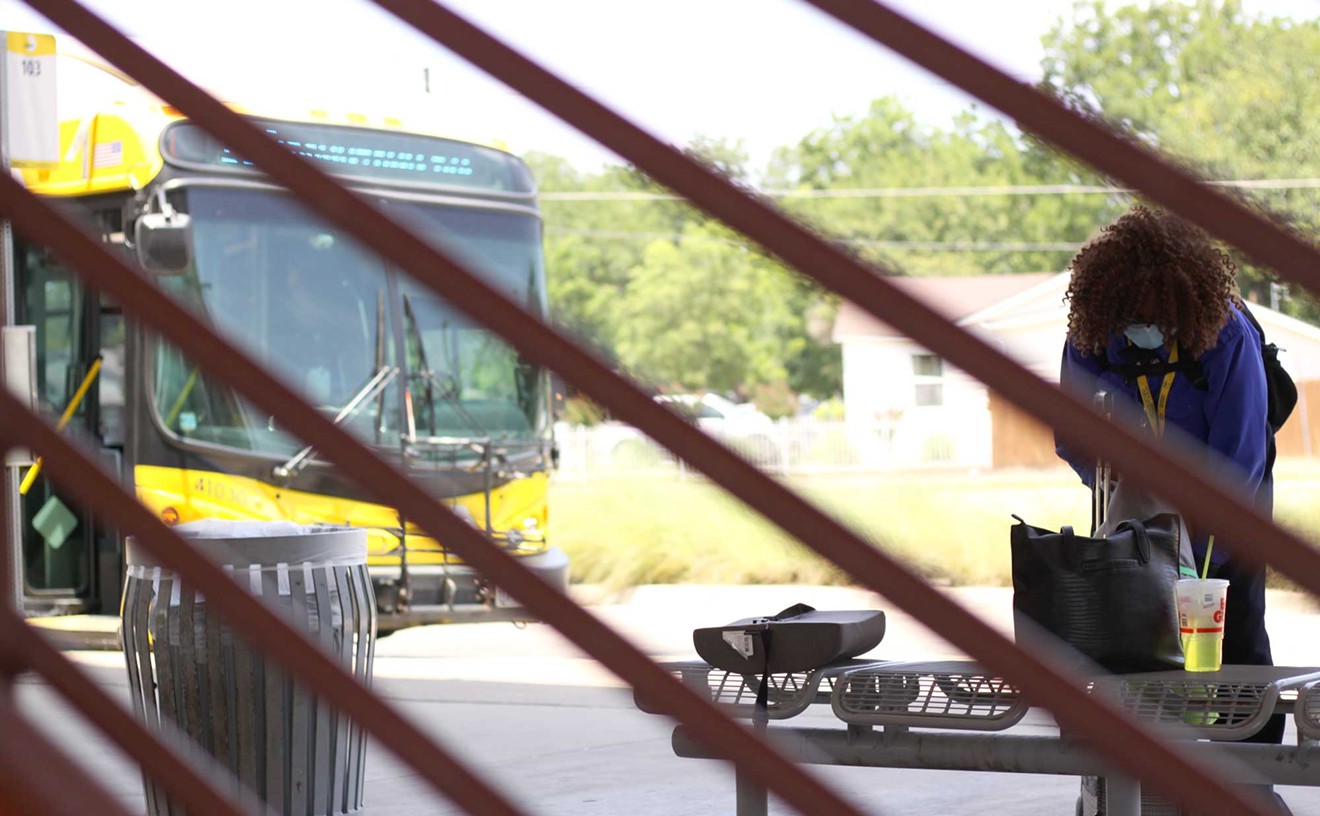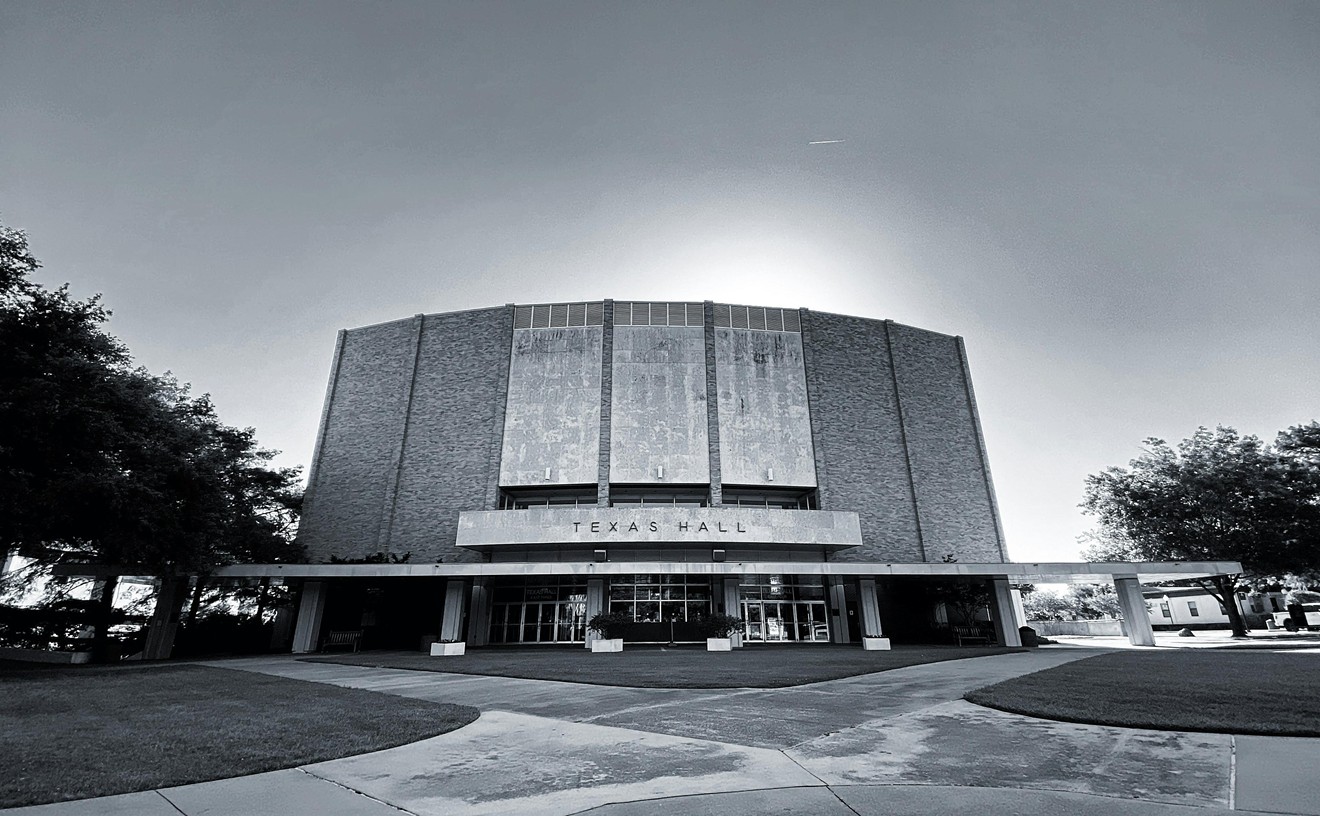In Grand Prairie, the establishments will have to get a specific use permit if they want to set up shop in the city. There will also be new distance requirements for smoke shops to address a concentration of such businesses in certain areas of the city.
After the city council’s vote on Tuesday night, these shops will have to be at least one mile from each other. Existing smoke shops are grandfathered in and won’t have to abide by these new regulations. However, it does make existing smoke shops into legal nonconforming uses, meaning they are not in compliance with their current zoning.
The whole tone of the Grand Prairie city council meeting seemed very dismissive of smoke shops. There are about 35 existing shops within the city today. “I applaud this,” Grand Prairie Mayor Ron Jensen said of the new regulations at the meeting.
City Council member Jacquin Headen said at the meeting that she requested the ordinance because she was disappointed to see so many smoke shops in Grand Prairie. “We have high hopes for what we’re doing with family-oriented retail activities, so all the smoke shops don’t go with that,” Headen said.
She explained that city staff will have to notify existing shop owners of the ordinance and stressed the importance of informing the existing shop owners that they’re grandfathered in so they don't get upset. To which the mayor replied, “I don’t mind upsetting the smoke shops.”“I’ll smoke to that.” – Grand Prairie Mayor Ron Jensen
tweet this
When the ordinance was passed unanimously, the mayor said, “I’ll smoke to that.”
The city of Allen is working on its own set of new regulations for smoke shops that goes a little bit further. These regulations were supposed to be taken up by Allen’s planning and zoning commission on Tuesday but the item was pulled from the agenda. The city hasn't said when it will consider the regulations, but it's proposing an ordinance that would set distance requirements of 1,000 feet between smoke shops. Shops also won’t be allowed within 300 feet of single-family zoned properties, churches or other religious facilities, public hospitals or daycare centers, or within 1,000 feet of schools.
The ordinance says the city of Allen has found these retail establishments have “a tendency to sell illegal products and products which are harmful to the health and safety of the community.” The city’s police department recently sent Allen smoke shops a notice that some of them were selling products with illegal levels of THC. The ordinance says the new regulations would apply only to new smoke shops. However, existing smoke shops will be considered legal nonconforming uses.
One problem emerging from the hemp industry is the ability of minors to get their hands on THC products. There’s no law on the books as of now in Texas that says you can’t sell hemp products to minors. The Allen ordinance seems to be trying to address this by banning minors from being on the premises without their legal guardian. It also bans criminal activity on the premises, including the sale of illegal products.
The ordinance also seeks to slightly change the definition of hemp and define an acceptable hemp THC level.
Hemp was legalized federally in 2018 with the reauthorization of the Farm Bill. Then, in 2019, Texas passed its own law, House Bill 1325, legalizing hemp. The two laws define hemp identically. Hemp is defined as the plant cannabis sativa L. and any part of that plant, including the seeds of the plant and all derivatives, extracts, cannabinoids, isomers, acids, salts, and salts of isomers, whether growing or not, with a delta-9 THC concentration of not more than 0.3% on a dry weight basis.
However, the Allen ordinance defines hemp slightly differently. It says hemp must produce a distribution or range that includes a delta-9 concentration of 0.3% or less “when reported with the accredited laboratory’s measurement of uncertainty.” It defines acceptable hemp THC levels with the same added language.
But Jesse Williams, a writer for the Fort Worth nonprofit and news site Texas Cannabis Collective, said the courts and HB 1325 seem clear in who it deems can regulate cannabinoids and their measurements. That power lies with the legislature. Additionally, HB 1325 says that local regulation is prohibited and that municipalities must not adopt rules that prohibit the sale of hemp.
“HB 1325 should be reviewed by any councils looking to create their own local ordinances on hemp,” Williams said.

